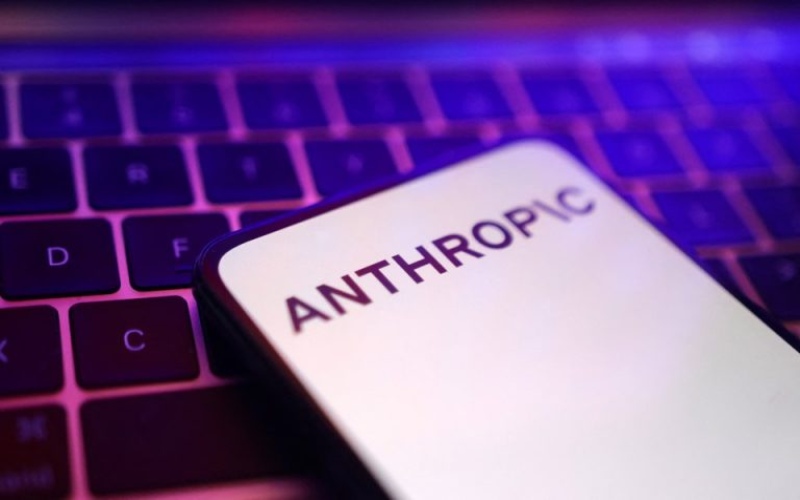Anthropic launches Claude, a Chrome-based AI that browses the web for you

Claude is the flagship artificial intelligence model developed by Anthropic, a company founded in 2021 by former OpenAI executives Dario and Daniela Amodei.
San Francisco-based AI research company Anthropic has officially entered the browser agent race, unveiling a powerful new feature that allows its Claude AI assistant to view and act inside users’ Chrome browsers.
The move positions Anthropic alongside other tech giants in the evolving arena of AI agents, tools designed not just to respond to prompts but to perform actions on behalf of users in real time.
More To Read
- Google’s 'Nano Banana' breaks ground in AI creativity
- Editors, reporters challenged to adopt AI but maintain human oversight
- AI on TVs: Samsung brings Microsoft Copilot to 2025 TVs and monitors
- If AI takes most of our jobs, money as we know, it will be over. What then?
- How hype and Western narratives shape AI reporting in Africa, and what must change
- New Instagram update adds reposts feed, friends tab and Snapchat-style private sharing
Dubbed Claude for Chrome, the innovation is a significant leap forward in user-agent interaction.
On the statement released on Tuesday, they confirmed that it is currently being released in a limited preview to a limited group of users in the US and a few other countries.
Anthropic has also begun the initial rollout of its groundbreaking browser-based AI agent to a select group of 1,000 users subscribed to its high-tier max plan, priced between $100 (Sh13,000) and $200 (Sh23,000) per month.
The tool is capable of filling forms, clicking buttons, managing emails, and completing online workflows, with user consent at every step.
“The AI agent revolution is here, and we’re making sure it’s safe, aligned, and user-controlled,” Anthropic said in its launch statement on August 26.
What is Claude, and who’s behind it?
Claude is the flagship artificial intelligence model developed by Anthropic, a company founded in 2021 by former OpenAI executives Dario and Daniela Amodei.
The startup has quickly emerged as a major player in the AI space, known for its focus on safety and ethics through its “Constitutional AI” framework, which ensures that models behave within pre-set human-aligned rules.
Named after Claude Shannon, the father of information theory, Claude models (currently in the Claude 4.1 generation) are used globally for tasks like writing, coding, data analysis, and customer support.
Unlike chatbots confined to typed interactions, Claude for Chrome pushes beyond, offering what Anthropic calls a “sidecar AI” that lives alongside your browser, observing and responding to what’s on screen.
How it works
While Claude’s chatbot and API services are fully available in Kenya, the new Claude for Chrome agent is still restricted.
Kenyan users can access Claude via mobile apps or the Claude.ai web platform, but the new browser-control features have not yet been rolled out locally.
Context-aware browsing: Claude watches browser activity (with permission) and offers help with filling out forms, booking travel, and even editing cloud documents.
Action-oriented design: it can click, scroll, and type, mimicking human interaction, while asking for explicit approval before taking any high-stakes action.
Safety at the core: In internal tests, anthropic reported a sharp decline in successful prompt injection attacks after deploying a layered security system. Risky actions like purchases, downloads, or sharing sensitive info require added verification.
The AI runs as a Chrome extension and appears in a sidebar, maintaining context across tabs and tasks.
“There’s a growing appetite for automation tools in Kenya,” said Charles Mwaniki, a Nairobi-based software engineer.
“A reliable AI agent could streamline everything from legal research to digital marketing.”
Claude vs the competition
Anthropic’s move comes amid a wave of similar developments:
OpenAI’s GPT-4o recently integrated voice and screen capabilities.
Google’s Gemini continues expanding its assistant-like features.
Microsoft’s Copilot is already embedded in Windows and Office tools.
But unlike its rivals, Anthropic is moving slower and cautiously, explicitly limiting availability while refining security protocols, a move industry experts see as deliberate and perhaps wise.
Top Stories Today


















































